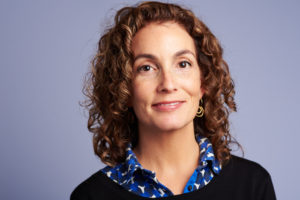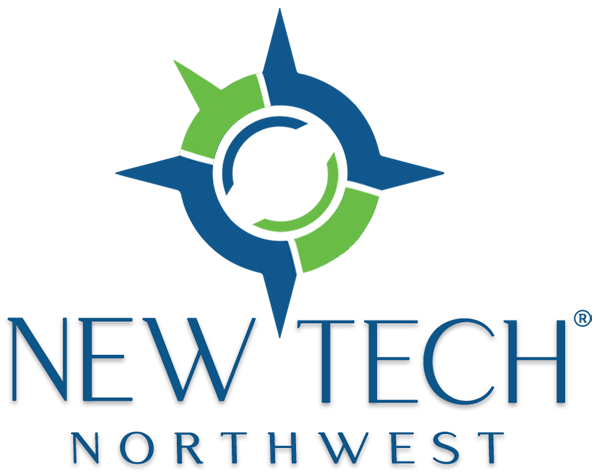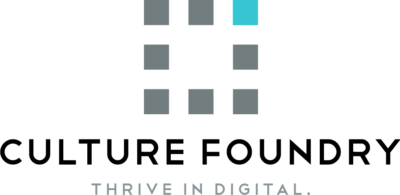 We occasionally ask PNW founders five questions that may interest and inspire you on your own journey. Today we share insights from Amy Satin Spinelli, CoFounder of Earshot, pictured to the left.
We occasionally ask PNW founders five questions that may interest and inspire you on your own journey. Today we share insights from Amy Satin Spinelli, CoFounder of Earshot, pictured to the left.
1. Why do you do what you do for a living?
I am on a mission to empower teachers with tools to help all teachers reach their potential. I cannot think of anything more important to devote my life’s work to.
From the time I was in high school, I volunteered in schools as a teacher and a tutor, and I started an organization in college to teach kids about environmental issues. My mother was a public school teacher in New York City and I saw how hard she worked to help children rise up out of poverty to have opportunities.
For the past two decades, I’ve worked to bring technology innovations to help teachers and students, and I believe we are at an inflection point. Most teachers now carry smartphones in their pockets so they no longer need to wait for their school district to invest in infrastructure.
Teachers can access data and information and take immediate action using the Earshot app on their own smartphone. Our app provides teachers with immediate, personalized feedback to be the best teachers they can be.
2. Why did you start your company?
We developed Earshot to provide teachers with immediate, personalized feedback. I’ve heard from so many teachers that they feel isolated in their classrooms.
Typically a principal comes into the classroom once a year to evaluate teachers, but all professionals need regular feedback to improve. The best models enable teachers to leave their classrooms, visit other classrooms, and receive frequent, informal feedback.
Unfortunately, that is not done in most classrooms around the U.S. Earshot uses cutting edge voice technology and machine learning to automate feedback for teachers. Like a fitness tracker helps people measure steps to be more active, Earshot helps teachers track and measure discussions to better engage all students in improving skills such as critical thinking and collaboration.
These skills are imperative for all students to succeed, but teachers currently have no way of knowing how they are doing to help students master these skills. With Earshot, teachers get real-time discussion analysis to measure talk time and improve questioning strategies to help all students improve 21st Century skills. This is why we are grateful for this opportunity to work with AT&T, who wants to help companies use technology to enhance learning and help students achieve a bright future.
3. What is one of the greatest lessons you’ve learned from being a founder?
I’ve learned the value of great storytelling. We all have a story to tell and we connect with one another through stories. Although data and metrics are important, it’s perhaps equally important to make an emotional connection to get your message across and call people to action.
4. What is the one piece of advice you would share today with your younger self before she/he started your company?
Failure is not an option. If you have the will, you can do so much more than you think you can. By staying focused on the goal and breaking things down into steps you can find the right people and work together to make incredible things happen. It may not happen as quickly as you want, or exactly in the manner you envision, but if you are open to the possibilities and stick with it, unexpected and amazing things can happen.
5. What is something about you that people would be surprised to learn?
My husband (Alex Spinelli, director of the Alexa platform at Amazon) and I met at an ed tech startup in the late ’90s. We kept our relationship quiet because it was a small startup and we didn’t want to seem unprofessional.
When the CEO learned about us he called us both into his office and chewed us out for not “pre-presenting” our relationship to him for approval. At the time I was horrified, but since then we have gotten a good laugh imagining what it would have looked like to pre-present our relationship to the stern CEO, and, we learned from that experience that sometimes it’s better to apologize than to ask for permission.












